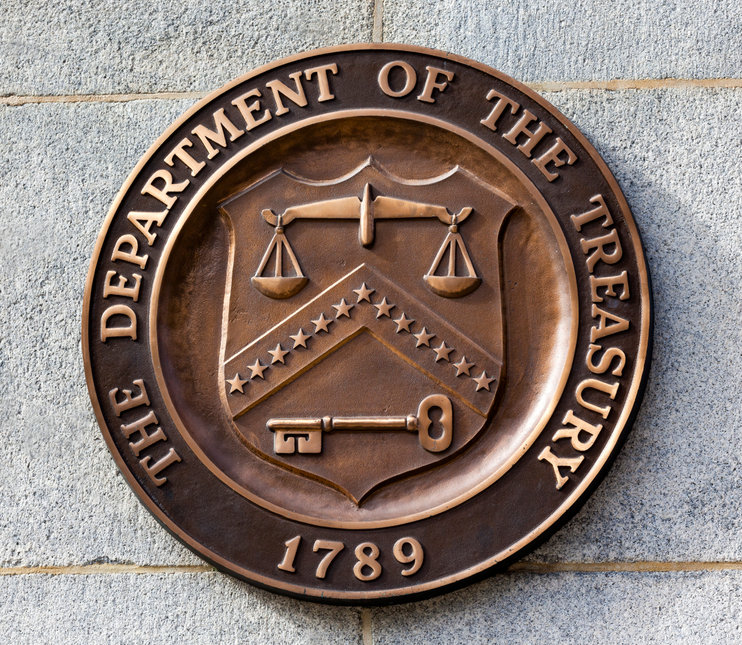Unlock the White House Watch newsletter for free
Your guide to what the 2024 US election means for Washington and the world
The writer is former chief of MI6 and UK ambassador to the UN
We often think of the Middle East as built around the Arab world. Baghdad and Damascus were the historical centres of authority. In the 20th century, Cairo and Beirut became the region’s cultural capitals until they declined and their influence was overtaken by the oil and gas wealth of Saudi Arabia and the Gulf.
Today, it is striking that the three most assertive and powerful countries in the region — Israel, Turkey and Iran — are the non-Arab nations. Each is led by an ageing warhorse. Benjamin Netanyahu has been Israel’s prime minister for 17 of the last 28 years. Recep Tayyip Erdoğan has been in power in Turkey for almost 22 years, and Ayatollah Ali Khamenei has been Iran’s supreme leader for 35 years. Like the Bourbons of France 200 years ago, they learn nothing and forget nothing.
After the humiliating calamity of Hamas’s brutal October 7 2023 attack, Israel has powered back. Its armed forces and intelligence services have turned the tables, not just on Hamas but on Hizbollah and their sponsors in Iran. In the process, Netanyahu has ignored advice from Israel’s closest friends and shown scant respect for protecting civilian lives. Long-term support for Israel has been eroded in the west but its core enemies are seriously weakened.
Israel has shown it is a new Sparta — a small nation with unrivalled military strength. But its politicians reject the idea that a political solution with the Palestinians is needed if the Jewish nation is to enjoy enduring peace and security. Israel has no plan for Gaza beyond indefinite occupation, unless it is the unstated one of driving the Palestinians there into Egypt and in parallel annexing as much of the occupied West Bank as possible. One prediction we can make with confidence, sadly, is that an independent Palestinian state will be no closer in a year’s time than it is now.
As the new year begins, Israel’s attention is focused on Iran, which was the big loser of 2024. Khamenei is becoming visibly weaker, both physically and politically. The main candidate to succeed him is now his son Mojtaba. Second-generation autocrats rise to power on the back of privilege and entitlement. They don’t bear the scars of struggle or learn the hard lessons their fathers acquired. Hafez al-Assad was a ruthless leader of Syria, but he knew the limits of power and when to negotiate. His son Bashar had none of those skills. The result was even more brutality and, in time, regime collapse.
The experience of losing their Syrian ally should make the Iranian military wary of a dynastic succession. They will try to ensure that a new supreme leader is not all-powerful inside the regime. But new leaders of stagnating autocracies can bring surprises. Deng Xiaoping and Mikhail Gorbachev are obvious examples. Closer to home for Iran is Saudi Arabia’s transformation under Crown Prince Mohammed bin Salman. Each recognised their country’s vulnerability and sought an economic and political strategy, usually involving some openness to the outside world, to underpin the autocratic system for decades to come. This seems unlikely in Iran but shouldn’t be ruled out.
A weakened regime presents an opportunity for a new negotiation, even if Khamenei senior staggers on for another year or two. Donald Trump may prefer a political deal to taking part in Netanyahu’s preferred military option to destroy Iran’s nuclear facilities. Israel will argue that Tehran will string out talks while they covertly make progress towards a nuclear weapon, the strategic case for which is now even more compelling for Iran. These are valid concerns. Khamenei also distrusts America even more than US politicians distrust Iran. It may require new leadership in Tehran before Iran changes course.
The very welcome surprise of 2024 was the collapse of the Assad regime and the opening of a path to a better future for the Syrian people. Turkey, like Israel, was a winner last year but it too has problems seizing new opportunities. Erdoğan seems to view Syria through the distorting prism of the Kurdish question, which will make it harder for Syria’s opposition leaders to come together and forge a new constitution that recognises the diversity — religious and ethnic — of their country.
Erdoğan, a remarkable survivor, has built up Turkey’s power across the region and in Africa. He has shown that a philosophy of political Islam can be successful and needn’t lead to an Islamic state and strict sharia law. In that sense, he can provide a model for Ahmed al-Sharaa, leader of the HTS Islamist group that now holds power in Damascus.
There’s a lesson here for western capitals, and for Riyadh and Abu Dhabi. We are right to be wary of al-Sharaa’s extremist background. But the journey of young radicals from political violence to national leadership is a well-trodden one. The diplomatic task ahead is to maximise the chances of success in Syria, by being bold in lifting sanctions, removing the terrorist proscriptions and doing all we can to support the Syrian opposition to come together.
The instinct in western capitals seems to be to pay out the rope slowly and to resist Islamists on ideological grounds. But that is a path that will make it more likely that we end up either with fragmentation, as in Libya, or with a new dictator, as in Tunisia. Western countries also need to avoid the errors of the Bourbons.
Credit: Source link














